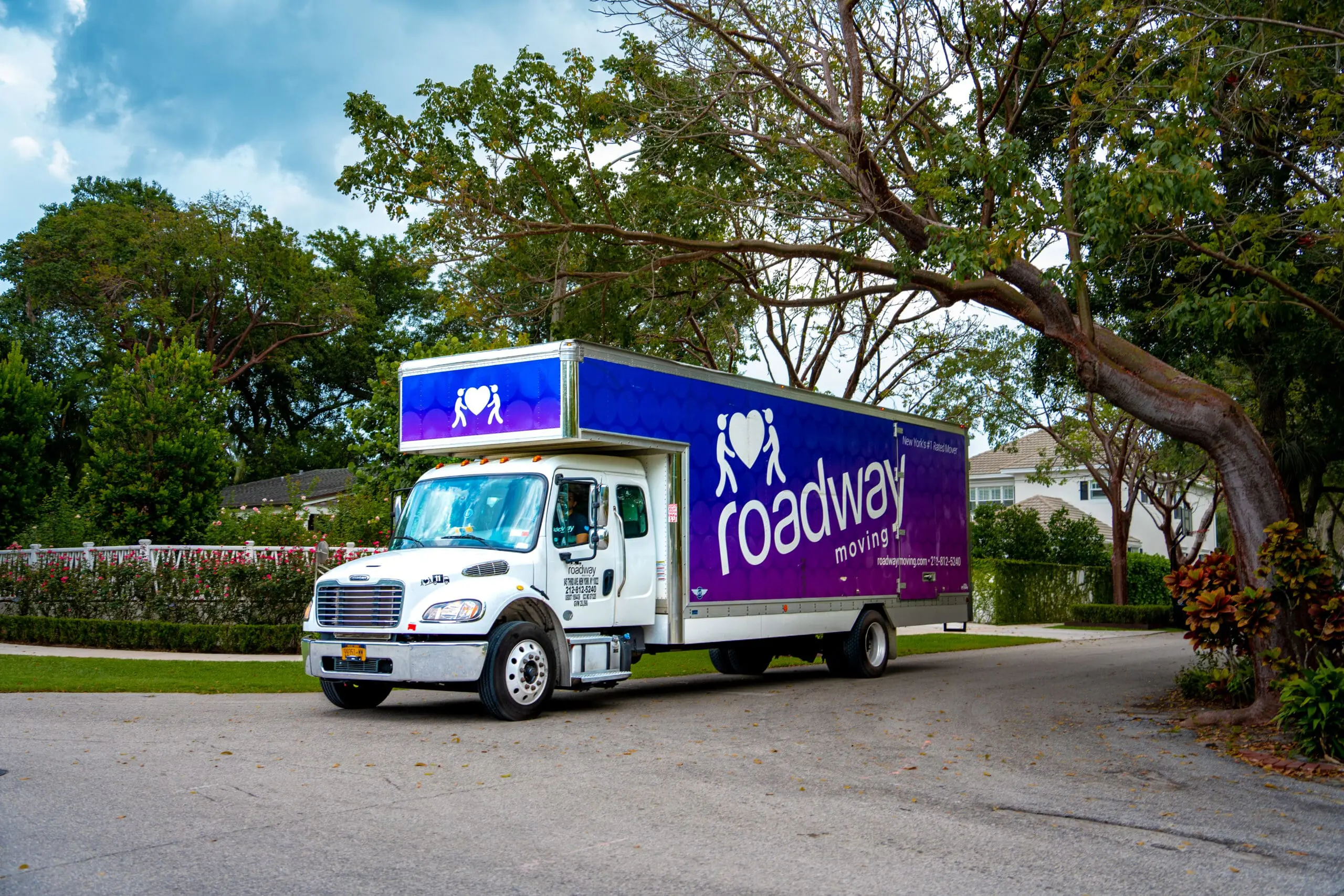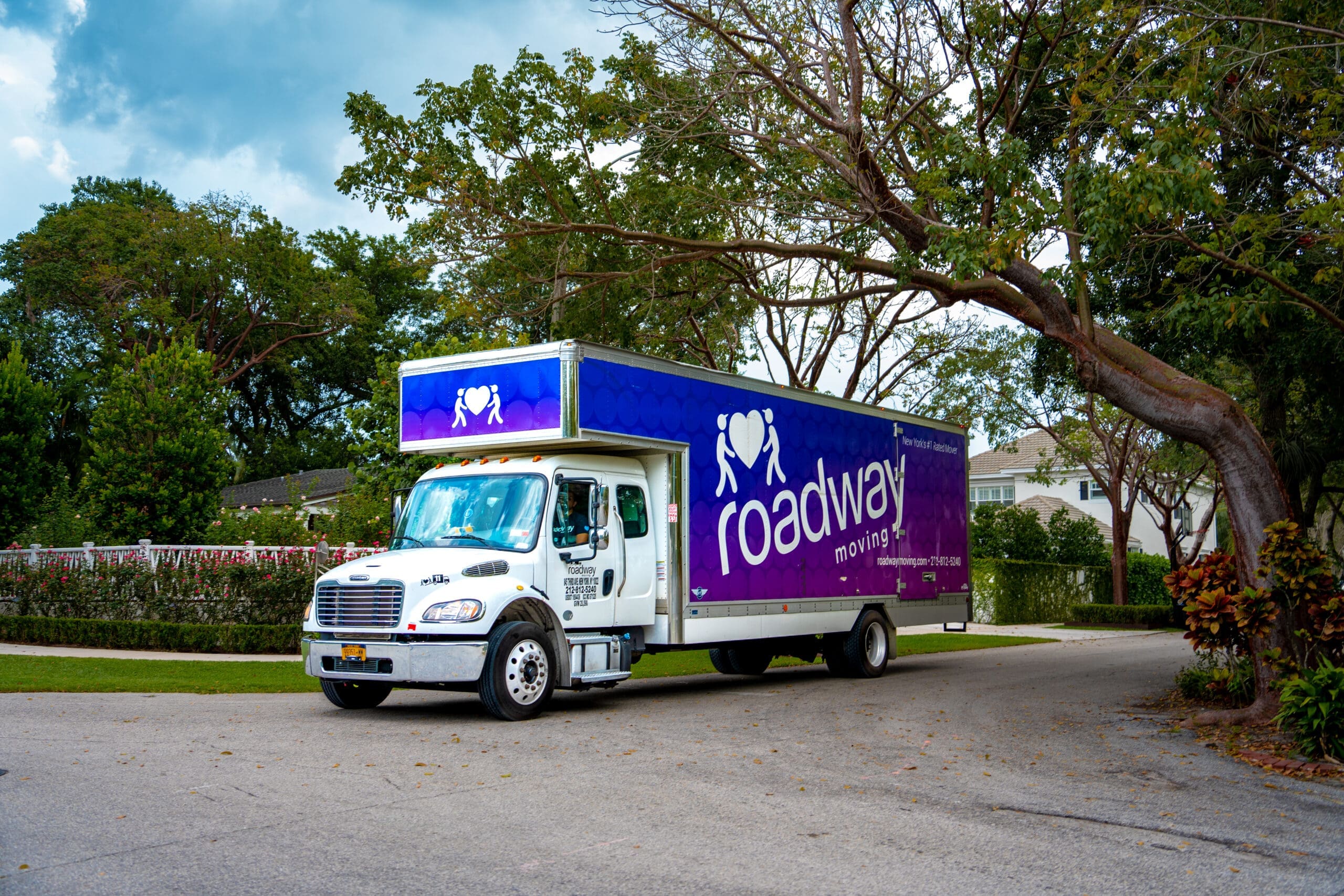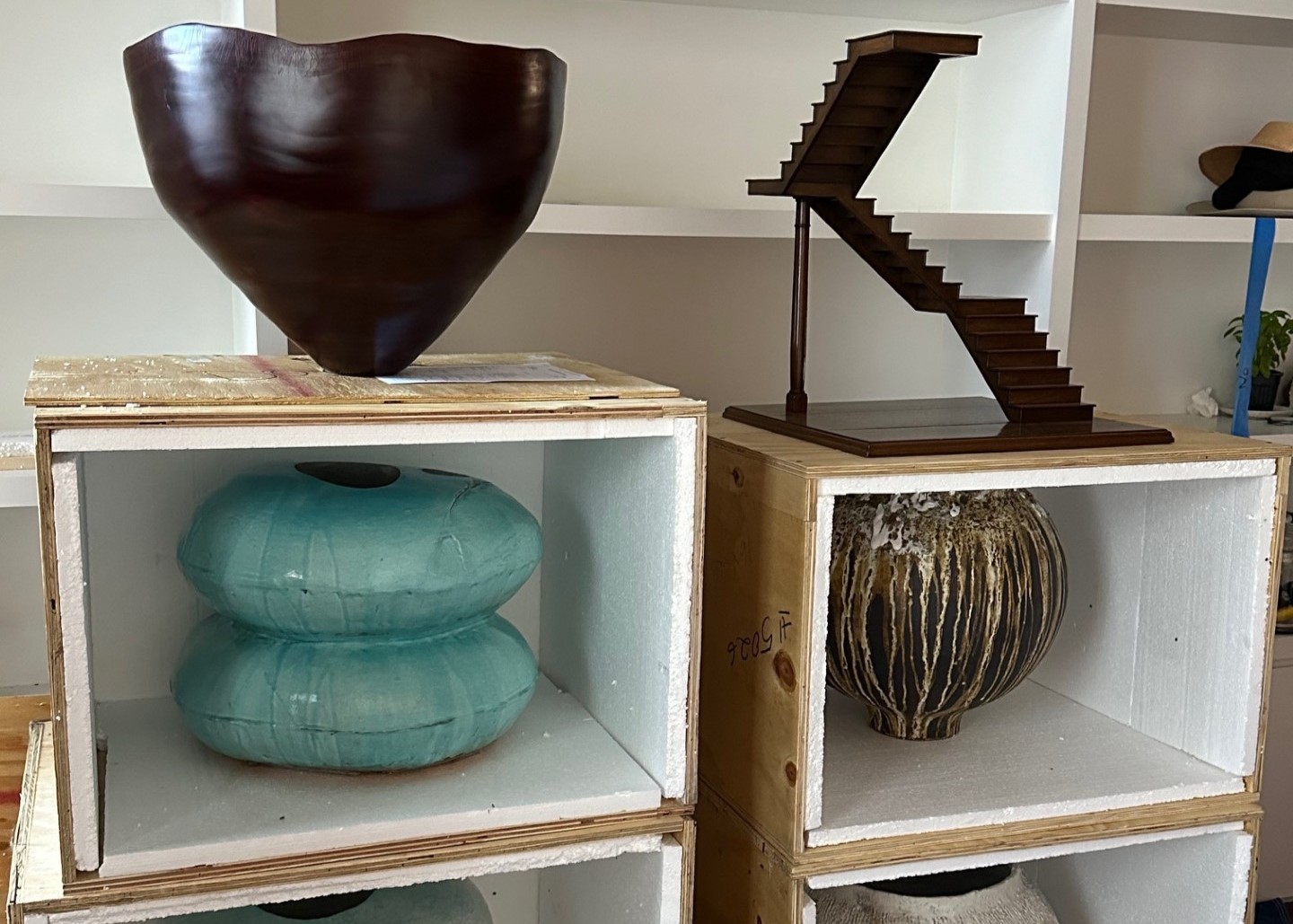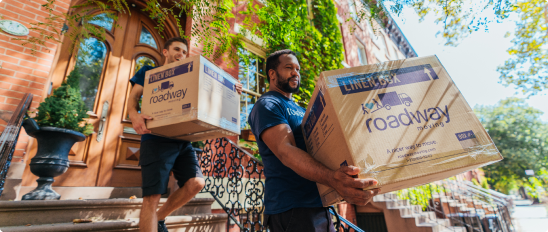What Is a Rental History Report, and How Can I Check Mine for Free?







At first glance, it is logical for landlords to make sure their tenants will not cause any trouble during the tenancy. Having written proof of a renter’s behavior and relationship with previous rental units can go a long way for a landlord.

On the other hand, adding rental history report to the already long list of papyrology a moving takes brings tenants more stress. Sometimes those reports can be exaggerated or untrue, and even checking them can take a lot of time.
We’ve prepared you with all the information you need to know about the rental history report, including:
- What is a rental history report?
- How can you report your current rent payments to Rent Bureau?
- How to check your rental history report for free?
- What If you don’t have a rental history?
- What If you have a bad rental history?
- What if some of the information in your rental history report is wrong?
- What is a rental history report?


What is a rental history report?
Not to be mixed up with the credit history, the rental history report provides the landlord with all the information about your previous tenancies. That information includes:
- previous rental addresses
- previous landlord contact information
- potential recommendations from previous landlords
- dates you lived in the previous unit
- rent amounts payment history
- your credit score – you don’t need a perfect credit score, but anything of 700 or above is helpful, especially if you are looking for a place in a competitive environment
- damages
- previous evictions
- debts
- background check on criminal history
To sum it up, the most essential information your new landlord needs is: if you paid your rent on time in the previous 3-5 years, if you have any complaints from earlier neighbors, if you left any damage besides normal wear and tear and do you have decent income for paying your new rent.
Also, you will sign the consent for your new landlord to call your previous one and ask about some details surrounding your previous stay. The big question one landlord asks another is ‘Would you rent to this person again?’
Be sure to report your every rent payment to Rent Bureau. That way, you save yourself from the unwanted complicated bureaucracy afterward.


How can you report your current rent payments to Rent Bureau?
Not only that it is hard finding an apartment, collect all the papyrology and pay for moving, security deposit fee, and very high rent, but you also need to take care of your rent payments during your tenancy.
How?
There are two ways.
- Ask your landlord or property manager to do it. This way, your lease will appear in the accounts section of your Experian credit report. It shows the date your lease started, your monthly payment, and your payment history for the past 25 months. This is a plus for your new landlord when applying for a new place.
- Second way is to enroll in a rent-paying service. There are a lot of services from which you can choose. Those fee-based rent payment services report to credit bureaus at your request.
How to check your rental history report for free?
Once a year Fair Credit Reporting Act provides you with a free version of your rental history report. Go online and ask a rental history report agency for your own copy when you find your name on the list of history reports.
Another way is by using a service to check it. A couple of big ones provide you with a rental history report, but they are not free.
Usually, they have a one-time $20 fee and, after that, an annual $10 fee.
It is crucial for you to check your report regularly. If some incorrect information is in it – such as wrong spelling, wrong number, or an address- these minor mistakes can lead you to lose your potential lease.


Maybe you lived with roommates and didn’t end on good terms, maybe your parents had the apartment in your name, and now it is in your report. All of these situations can lead to unexpected information in your report, and you must see it before your new landlord does. This way, you have time to change some incorrect details or be prepared to explain them to your landlord.
Also, ask your landlord which websites to check your rental history report will he/she use! This way, you can check it on the same website.
What If you don’t have a rental history?
Maybe you are a young person living alone for the first time. A big chance is that you’re a student and still don’t have any income, or you just lived with your parents and didn’t have any rent reports in your name. This is not a big con for your new landlord as long as you can provide income reports and other helpful information. Those include a potential letter of employment, tax returns, and credit score. If you don’t have those, your parents or someone who will pay your rent will need to provide them.
Another thing is to communicate clearly and straightforwardly with your possible landlord. Sometimes being direct in communication and talking openly can leave enough of a good impression on your new landlord.


What If you have a bad rental history?
There is a chance neighbors complained because of loud music, or you were late paying rent on time a couple of times. This is normal, especially for a young person or somebody at the beginning of a career. Be sure, to be honest, and direct with your new landlord. Explain the details and reasons behind that information. Talk eye to eye and even contact your old landlord; maybe he/she can change their mind and help you.
Look at it as a landlord or an employer. Is there a way to change the impression your rental history report left? Are there any minor inconveniences that sound bigger than they are?
Sometimes, your new landlord can ask for a bigger security deposit or have a trial period with you. Be prepared for a potentially long wait time too.
What if some of the information on your history report is wrong?
All of this checking and details surrounding it can get tiring. Still, it can pay off if you find incorrect information in your report.
Reach out to a reporting agency and write an e-mail or a letter explaining what is wrong and hope they will remove it. If they don’t do that, you can contact your previous landlord and make sure he/she explains it once the new landlord calls.














